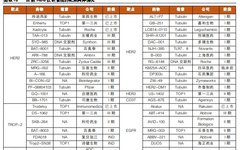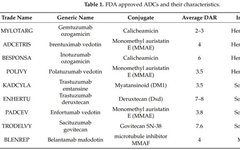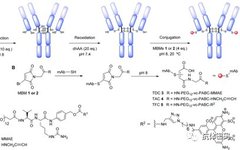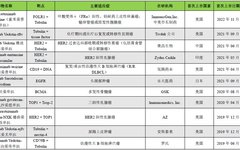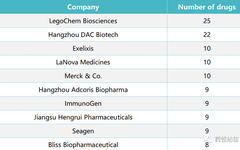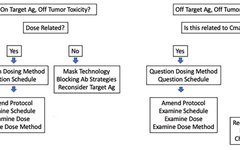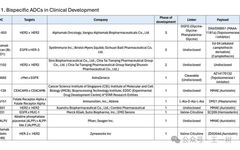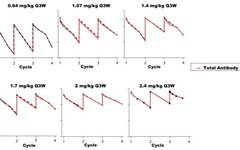Understanding DAC Design Points and Representative Cases in PROTAC
Protein Hydrolysis Targeted Chimeras (PROTAC) are bringing revolutionary changes to the fields of biology and medicinal chemistry. PROTAC consists of a target protein ligand, an E3 ligase ligand, and a spacer group[Unlike the linker used in antibody-drug conjugates, here we specifically use “spacer” instead of the commonly seen “linker” in PROTAC literature]. PROTAC structural composition … Read more

